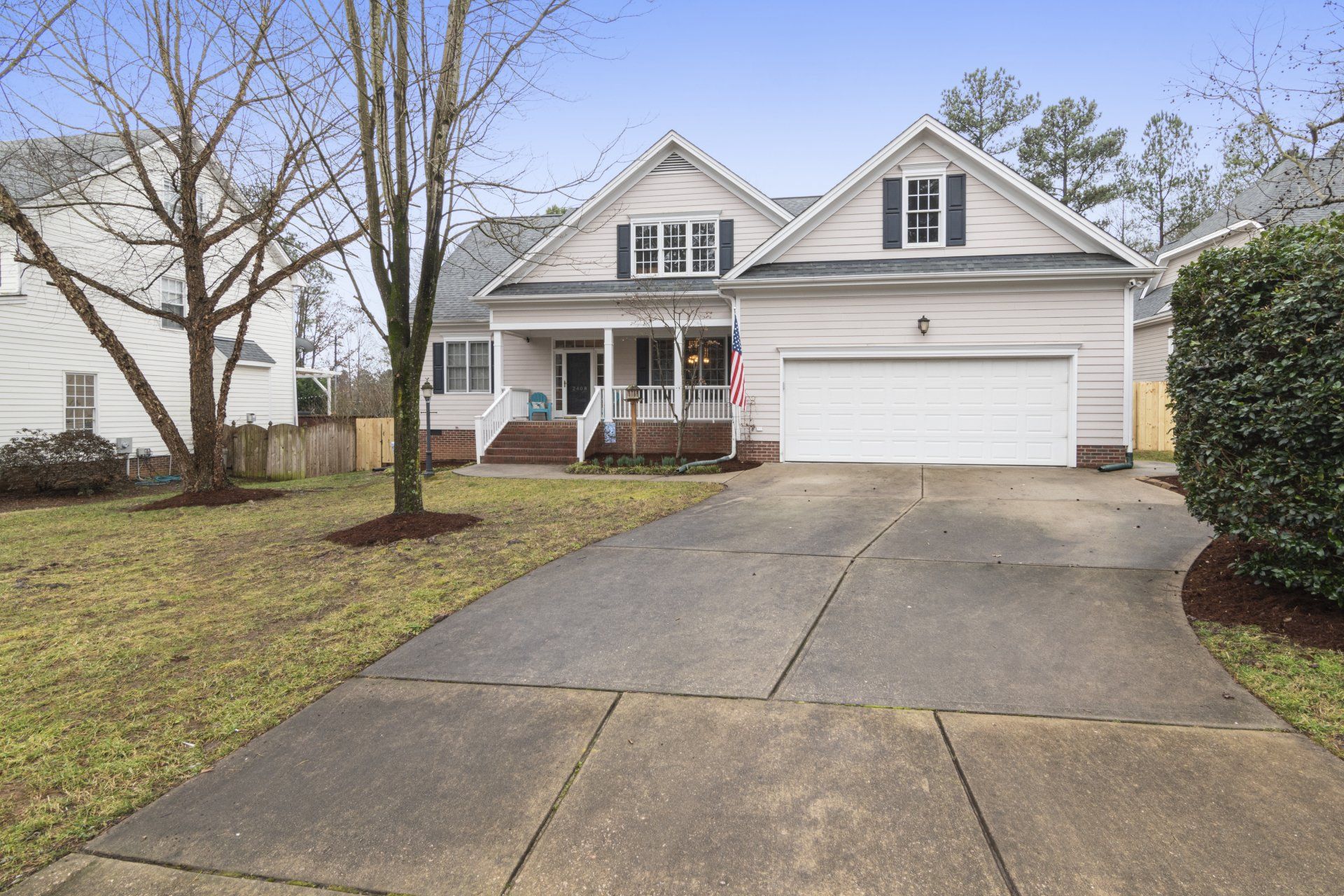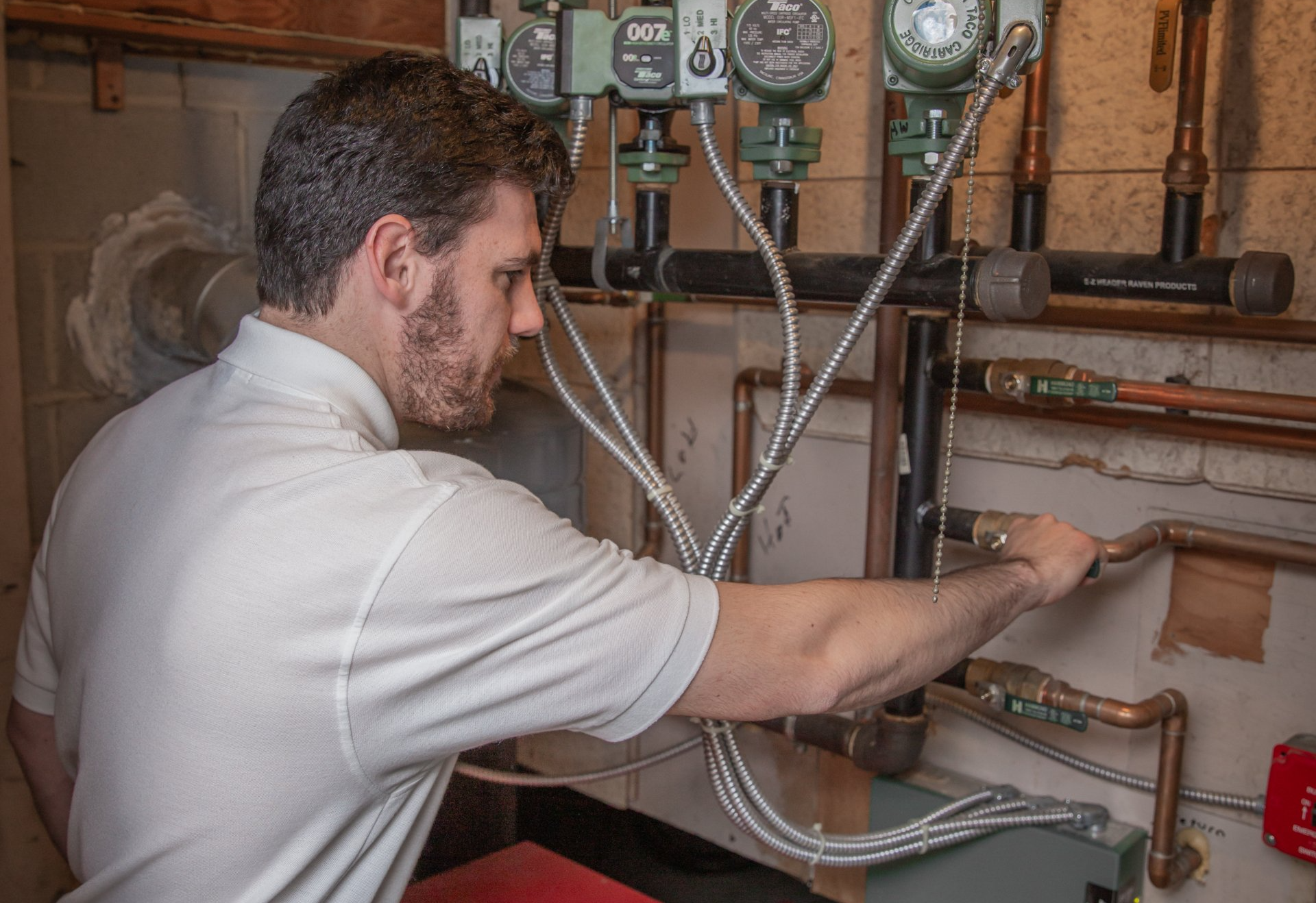Contact Robert C. White & Company
A Landlord’s Job: Is Rental Income Really "Passive"?
Generating Passive Income. Is It Attainable?

Being a landlord is easy, right? You get yourself a nice rental property, find good tenants, and the money starts rolling in… at least that’s how simple it can seem from the outside! But what exactly does a landlord have to do? Is the rent they collect really “passive” income that requires little to no effort? If you’re thinking about investing for the first time or purchasing another income property, there are a lot of factors to consider. Let’s take a quick look at just how passive a landlord’s income is!
Researching & Bidding on Investment Property
The first requirement to being a landlord is owning a rental property, but that doesn’t happen without searching for, bidding on, and finalizing the purchase on said property. There are some circumstances, like inheriting a home, that can turn you into a landlord overnight, but most investors start with purchase. This first step in the game can become a very timely process, and with most properties listed for sale with the help of agents/brokers, if you’re not working with one yourself, finding a property to purchase can be even more difficult.
Setting Rental Rates & Marketing
Another task that landlords must take on to earn “passive” rental income, is setting the rental rate and marketing their units. A landlord will spend time doing market research to understand local rental rates and should monitor comparable listings! If you don’t keep an eye on similar properties, you may be one of many landlords who aren’t maximizing revenues! Even if you think setting the right rate is easy, listing the unit on Zillow, Craigslist, Trulia and other sites will take up more of your time. You’ve then got to communicate with and pre-screen all the leads. There are a lot of things to get right when you first list and market your rental property!
Showings & Applicant Screening
Once a landlord gets their property marketed and receives inquiries, it’s time to show the unit and select a set of qualified tenants. Showing a property is a very time-consuming task and only gets more infuriating when the leads you scheduled with don’t show up or aren’t qualified! If you do get a set of applications on your first few showings, now you’ve got to call landlord references, run credit checks, and verify employment before you can decide whether or not to accept someone. The tenant selection process is a crucial part of a landlord’s job because good tenants make the job so much easier, but there is a lot to look for as you comb through applications and you’ve got to build that knowledge base to make this kind of income passive. You can learn about our professional screening process here.
Leasing & Rent Collection
Once you do find good tenants, you’ve also got to go over the lease terms with them and have them sign all necessary documents. Getting them to sign is usually easy, but rent collection then becomes a monthly process. Good tenants make collecting your rent easy, but tenants that become a payment problem mean more work for the landlord!
Managing Maintenance & Repairs
Maintenance and repairs are probably the most difficult and time-consuming part of a landlord’s job... and a lot can go wrong with them. Now, unless you’re a super handy landlord and have the skills to complete the work yourself, you’ll need to spend time searching out the best contractors and repairmen to get it done for you. This can be a tireless task, and even when you think you’ve hired the right company for a job, the workmanship may be below your standard or new problems could pop up while repairs are being made. And of course, hiring outside help comes at an increased cost.
Reporting & Taxes
You’ll also need some know-how or outside help to get your end-of-year reporting and taxes done right! Since most folks don’t have time to learn the nitty-gritty of the tax code, they’ll end up hiring professionals to handle that piece. While this is definitely a “passive” approach here, landlords are still a part of the tracking, collection, and documentation process throughout the year!
Working with a Property Manager?
One solution to handle all these landlording responsibilities is to use a professional property manager. The right property management team can take on each of these tasks for you, and even with their monthly fees, may end up increasing your revenue because of their efficiency and expertise!
{Click Here to Access the Ultimate Property Management Hiring Guide}
Systems of Automation?
If you’re looking for solutions outside of professional property management there are also some online/automated systems that you could implement. These systems can help screen tenants, collect rent, manage repair requests, and then some. The only thing here is that these programs can be very costly for investors with new or smaller portfolios. Nonetheless, you may find some of these systems make sense for you to use!
Want to talk with one of RCW's professional property managers?
Click the button below.
Our Services
Main Office: (860) 613-6290
Our Services: (860) 200-3331
info@robertcwhite.com
57 Dodge Ave Suite 107, North Haven, CT 06473
CT Licensed Broker #0790511

Business Hours
- Mon - Fri
- -
- Sat - Sun
- Closed
Business Hours
- Mon - Fri
- -
- Sat - Sun
- Closed












